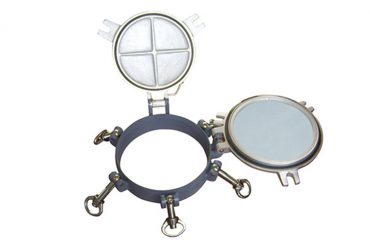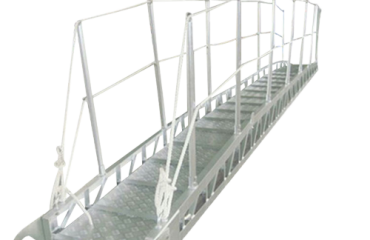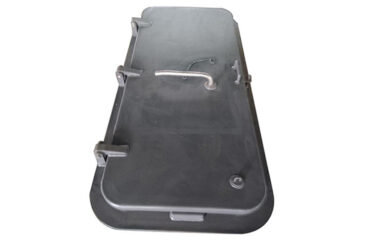Marine windows play a crucial role in ensuring oceanic safety for several reasons. These windows, also known as portholes or portlights, are specially designed to withstand the harsh conditions of the marine environment. They provide vital visibility, access, and protection on various types of sea vessels, ensuring the safety and well-being of both crew members and passengers.
Firstly, marine windows are essential for providing visibility to the outside environment. They allow natural light to enter the ship’s interior, reducing the reliance on artificial lighting. This not only creates a more pleasant and comfortable atmosphere for those on board but also enables them to clearly see their surroundings. By having a clear view of the ocean, crew members and passengers can identify potential hazards such as rocks, icebergs, other vessels, or even marine life. This increased visibility is particularly critical during periods of low or restricted visibility, such as fog or heavy rain, where reliance on navigational aids alone may not be sufficient. The ability to see and assess risks ahead of time greatly enhances the overall safety of the vessel.
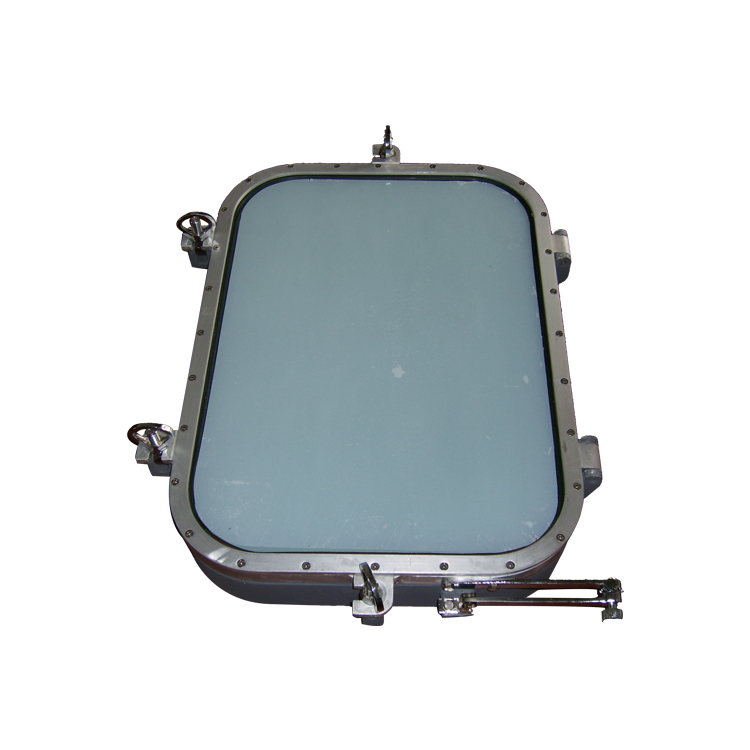
Secondly, marine windows allow for better situational awareness. Being able to observe the outside environment helps crew members and passengers understand the vessel’s position in relation to other ships, ports, or nearby land. This knowledge is crucial for navigation and ensures that ships stay within designated safe routes and avoid potential collisions. Additionally, marine windows facilitate communication with other vessels and the shore, enabling visual signals and facilitating effective emergency response coordination. The ability to visually communicate and assess the situation from the ship’s windows greatly enhances the crew’s situational awareness, allowing them to make more informed decisions and respond quickly to any emergencies that may arise.
Furthermore, marine windows also provide access to fresh air and natural ventilation, which is vital for the well-being and safety of those on board. The marine environment often exposes ships to various pollutants, such as exhaust fumes, chemicals, or smoke from fires. In such situations, marine windows can be opened to allow for proper ventilation and the removal of any toxic gases or odors. This ensures the health and safety of everyone on board, preventing the potential harm caused by inhaling harmful substances. Additionally, during extreme weather conditions such as storms or high temperatures, the ability to open marine windows helps regulate the temperature and humidity levels within the vessel, creating a more comfortable living environment for crew members and passengers.
Finally, marine windows serve as an important means of emergency evacuation. In the event of a maritime disaster, such as a fire, collision, or sinking, marine windows provide an alternative means of escape if other exits are inaccessible or blocked. They can be opened quickly and easily, allowing crew members and passengers to exit the vessel and access life-saving equipment, such as life rafts or lifeboats. Their strategic placement on different levels and areas of the ship ensures that there are multiple escape routes available, increasing the chances of a successful evacuation and reducing the risk of casualties.
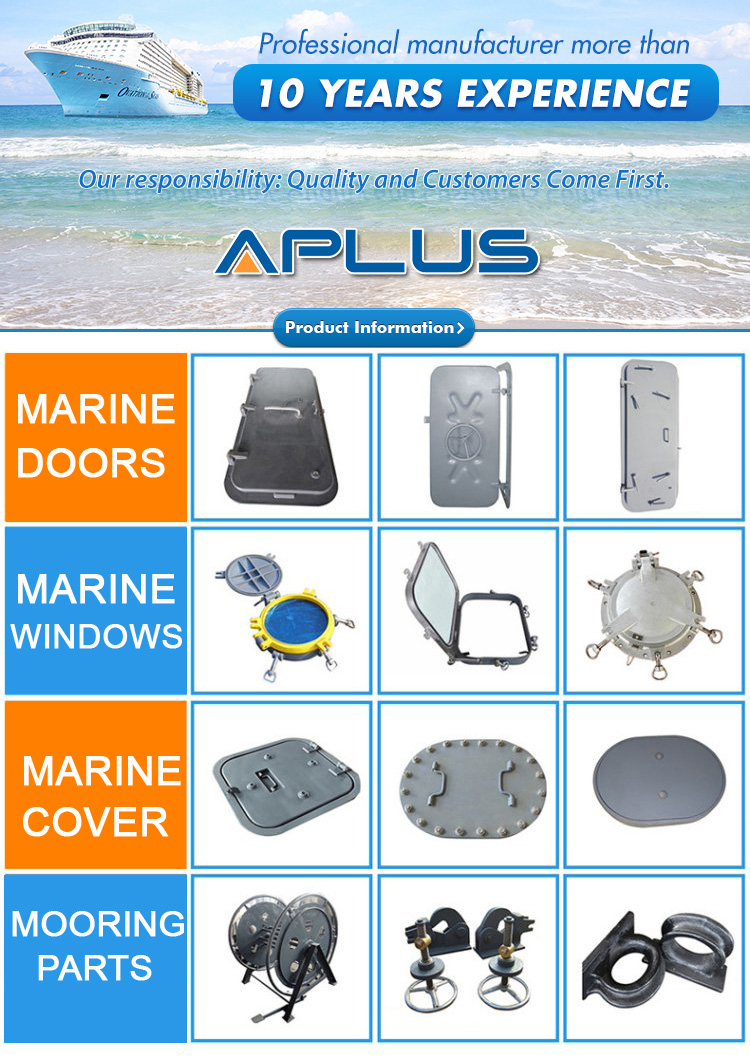
In conclusion, marine windows are crucial for oceanic safety due to their ability to provide visibility, situational awareness, access to fresh air, and emergency evacuation options. These windows enable crew members and passengers to observe the outside environment, identify potential hazards, and communicate effectively, thus ensuring safe navigation and reducing the risk of accidents and collisions. Additionally, marine windows allow for proper ventilation and create a comfortable living environment on board. Furthermore, in emergency situations, they provide vital escape routes, facilitating a swift and safe evacuation. Considering these factors, it is evident that marine windows are an indispensable part of marine safety, contributing significantly to the well-being and survival of those at sea.



